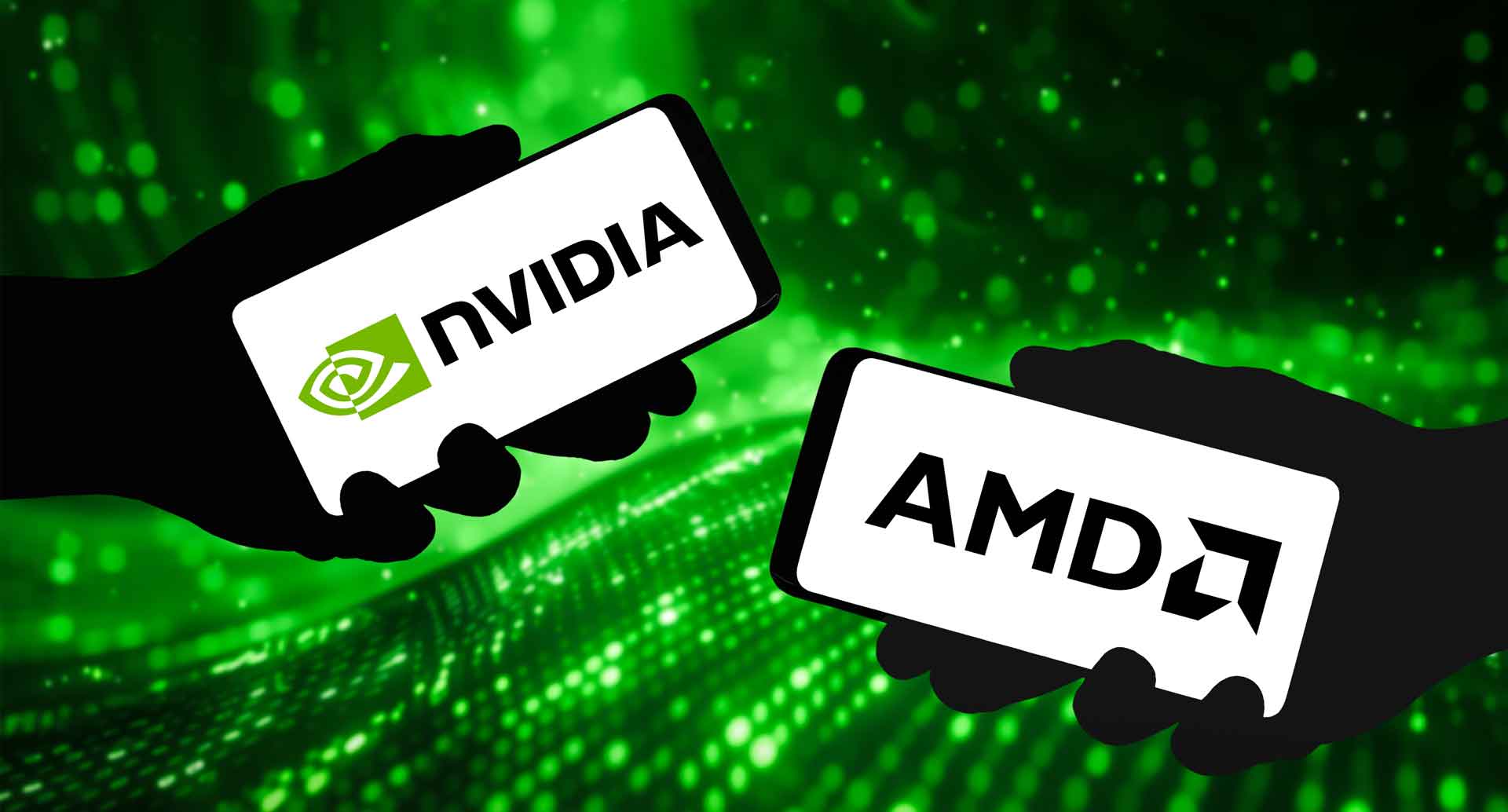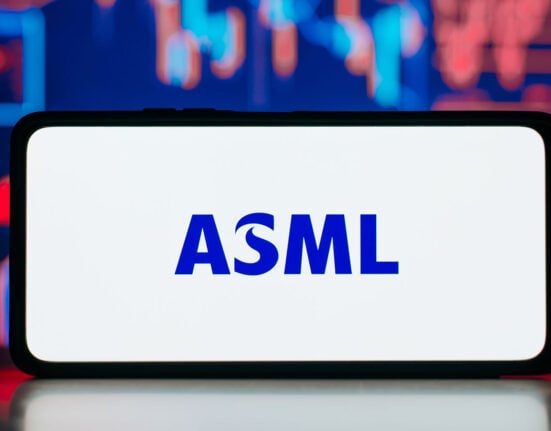Amidst an already turbulent geopolitical environment which has seen President Trump announce a 100% tariff on imported semiconductors, there is one bright spot – at least for NVIDIA and AMD. The US government has granted both semiconductor companies export licences to allow them to sell its H20 chip and M13087 chip to the Chinese market, respectively.
It comes with a caveat: both NVIDIA and AMD must pay 15% of the revenue generated from the sale of these chips to China.
This follows an ongoing development where the US has sought to restrict China’s access to advanced semiconductor technology, software and AI, citing security concerns. The Bureau of Industry and Security (BIS) brought in restrictions in October 2022, explaining that it would help address US national security and foreign policy concerns centering around its belief that these chips would be used by the Chinese military for improving decision making and logistics, and for autonomous military systems.
These controls were tightened when the then-Biden administration announced export controls in 2023 on sales of semiconductor devices, equipment and software to China. Sales of these products were banned by the Trump administration in April 2025, which reported to have cost NVIDIA an estimated $5.5 billion in losses and AMD a $1.5 billion revenue shortfall in 2025.
However, NVIDIA and AMD have been granted what experts are calling an “unprecedented” and unusual development in export control practice, and could be the result of NVIDIA CEO Jensen Huang lobbying President Trump. Following a meeting in July, NVIDIA wrote in a blog post that it had “reaffirmed” the company’s support for the US’ aims to create jobs, strengthen domestic AI infrastructure and onshore manufacturing, and position the US as an AI leader.
It is reported that in the meeting, Huang argued that selling NVIDIA’s tech globally would align with these aims, and that it could tap into existing AI talent in China, stating that half of the world’s AI researchers are based in China.
The Center for Strategic International Studies (CSIS), an American think tank, claimed that the US export restrictions would not solely contribute to US leadership in AI, and that it needed to back this up with research policies.
It also posited that the export controls have driven China towards developing its own domestic semiconductor ecosystem and self-sufficiency in semiconductor design and production, which have already bore fruit, according to the CSIS: Huawei’s smartphone, the Pura 70 series, has 33 China-sourced components with only 5 sourced from outside the country.
20 security specialists, who wrote to Howard Lutnick, US Commerce Secretary, have already raised their concerns, saying they still expected these chips to be used by the Chinese military and that export controls would not necessarily safeguard US security.








